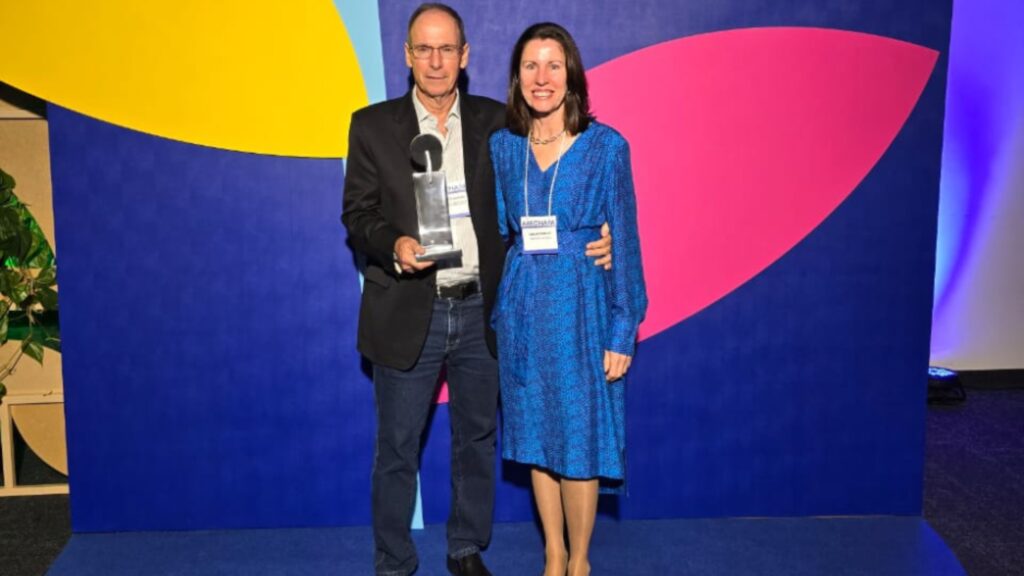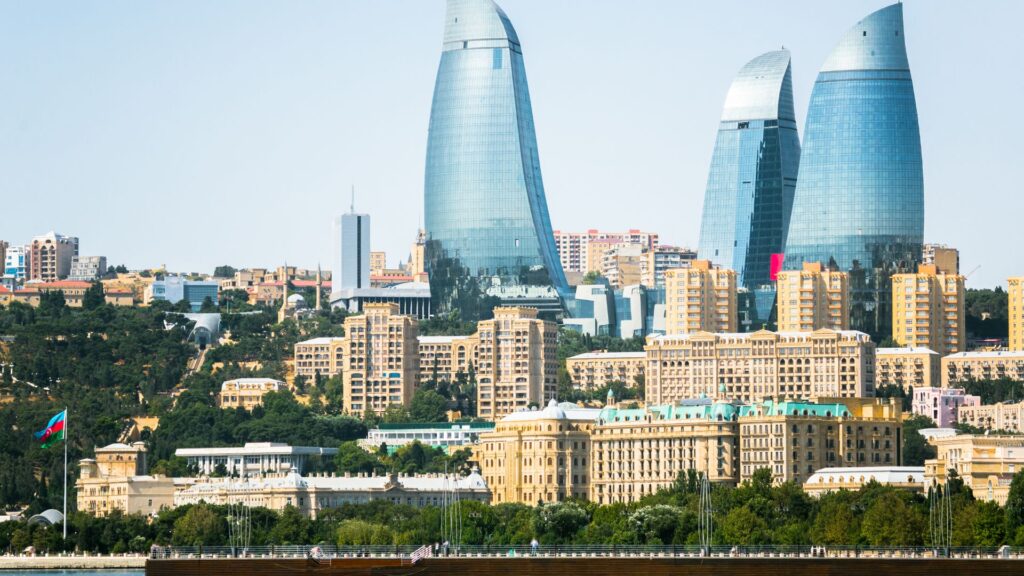The Roadmap to Net Zero: How Travel & Tourism Can Lead the Decarbonization Effort
The travel and tourism industry contributes nearly 8% of global carbon emissions, making it a key sector in the fight against climate change. To transition toward a net zero future, businesses must move beyond carbon offsetting and integrate climate action directly into their operations. The World Travel & Tourism Council (WTTC) has developed a Net Zero Roadmap, outlining a strategic framework for decarbonization. This roadmap provides a clear pathway for businesses to measure, reduce, and report emissions, ensuring a transition to climate and nature-positive tourism. The Role of Technology in Accelerating Climate Action Technology is a powerful tool in achieving carbon measurement, emissions reduction, and regenerative tourism. The WTTC’s Roadmap to Net Zero highlights key areas where digital innovation can support decarbonization efforts. Key Technological Innovations for Net Zero Green Initiative’s Contribution Green Initiative integrates technology-driven monitoring solutions into carbon-measured climate projects, ensuring emissions reductions are scientifically verified. Through satellite tracking and digital reporting, companies can transparently monitor carbon sequestration efforts linked to reforestation and ecosystem restoration. Beyond Offsetting: How Insetting Can Maximize Climate Impact Traditional carbon offsetting involves financing external projects to compensate for emissions. While offsetting plays a role in short-term emissions management, it does not address direct operational emissions. The WTTC’s Roadmap to Net Zero prioritizes carbon insetting, which embeds climate action directly into a company’s value chain. This approach reduces emissions at the source rather than outsourcing responsibility. While carbon offsetting involves investing in external projects to compensate for emissions, carbon insetting focuses on implementing sustainability initiatives within a company’s own operations and supply chain. This direct approach not only reduces emissions at their origin but also fosters long-term environmental and economic benefits for the business. Why Insetting is More Effective than Offsetting How Travel & Tourism Companies Can Implement Insetting Leading companies are pioneering insetting initiatives. For instance, certain cruise lines are investing in hybrid and LNG-powered ships, as well as advanced wastewater management systems, to reduce their environmental footprint. Natural Climate Solutions (NCS) & Green Initiative’s Forest Friends Program Engaging in Natural Climate Solutions (NCS), like reforestation and wetland restoration, enables businesses to sequester carbon effectively while enhancing local biodiversity. Programs such as Green Initiative’s Forest Friends not only offset emissions but also promote ecological balance and support community livelihoods. Green Initiative promotes Nature-Based Solutions (NBS) through its Forest Friends program, helping businesses implement carbon insetting projects that contribute to climate-positive tourism. By restoring forests and degraded ecosystems, these initiatives capture CO₂, enhance biodiversity, and improve climate resilience. The Four Pillars of Decarbonization: A Practical Guide for Travel & Tourism Businesses The WTTC’s Decarbonisation Action Framework outlines a clear, structured approach for businesses to achieve net zero. This framework is built on four essential pillars: 1. Assess & Define 2. Build & Enable 3. Reduce & Collaborate 4. Monitor & Report How Green Initiative Supports This Transition Green Initiative provides carbon-measured assessments, insetting solutions, and advanced emissions tracking to help businesses transition to carbon-neutral and climate-positive operations. Our approach ensures businesses align with global climate standards and certification frameworks, maximizing their environmental impact. Conclusion: A Call to Action for Travel & Tourism Leaders The transition to net zero is no longer optional—it is a business necessity. The travel and tourism sector must take immediate action to reduce emissions, restore ecosystems, and build climate resilience. By adopting carbon measurement strategies, prioritizing insetting over offsetting, and obtaining climate certifications, businesses can lead the transformation toward regenerative tourism and a climate-positive economy. At Green Initiative, we provide science-based climate solutions that go beyond compliance to create lasting environmental impact. Are you ready to start your journey to net zero? Contact Green Initiative today and take meaningful climate action for a sustainable future. This article was written by Ella Baehringer from the Green Initiative team Related Articles
The Roadmap to Net Zero: How Travel & Tourism Can Lead the Decarbonization Effort Read More »










